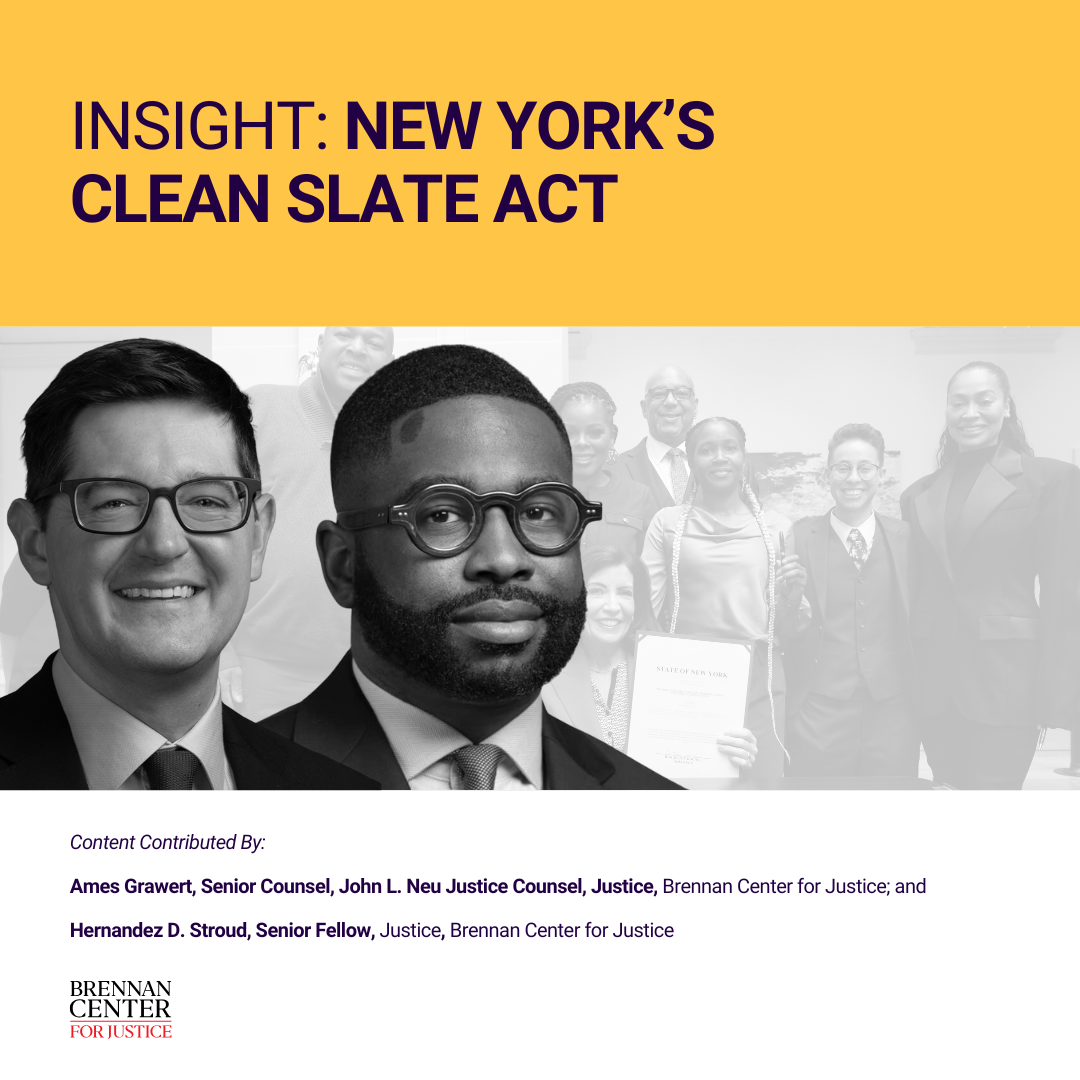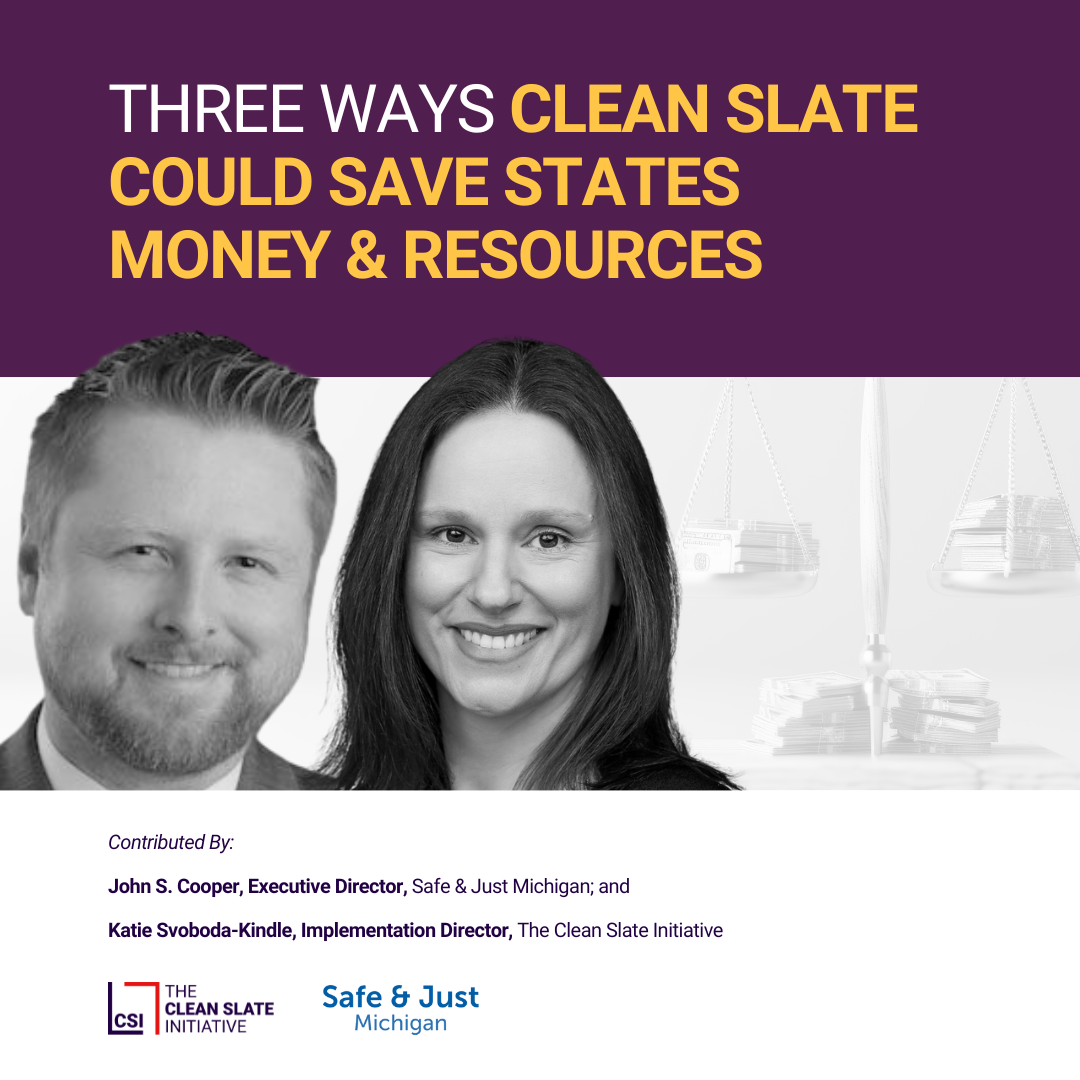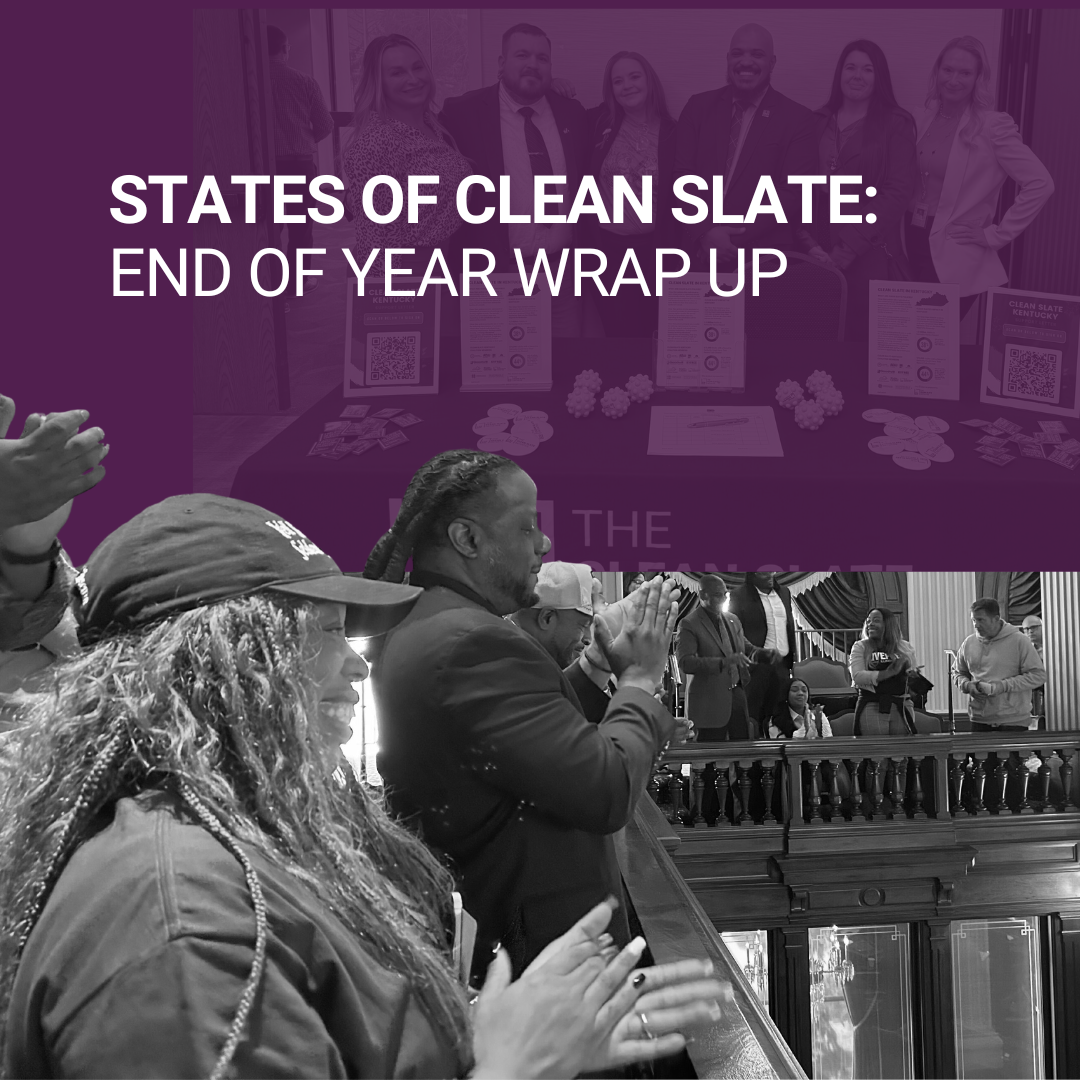Clean Slate Campaign in Maryland Hits the Ground Running

Joining the 13 original states is one thing, but becoming the 13th Clean Slate state would be a different kind of revolution for Maryland. That is, if the Maryland General Assembly passes the Clean Slate Act this spring in Annapolis. A new statewide coalition is working to make sure that happens: Clean Slate Maryland.
The Clean Slate Maryland Coalition was formally launched in January 2024 with a campaign kick-off event in Baltimore. The robust coalition is led by The Center for Urban Families (CFUF), alongside an impressive list of coalition members, including the University of Baltimore Center for Criminal Justice Reform, Maryland Alliance for Justice Reform, Job Opportunities Task Force, Maryland Volunteer Lawyers Service, Shore Legal Access, R Street, Responsible Business Initiative for Justice, The Clean Slate Initiative, and Center for American Progress, among others.
The state’s Clean Slate legislation is sponsored in a bi-partisan manner, with Sen. Mike McKay (R-Maryland) leading off in the State Senate with an impressive list of cosponsors. At the bill hearing on February 21, 2024, Senate Bill 602 received support from CFUF and our own Dr. Laura Chavez, CSI’s Director of Research & Data, in the first panel, alongside the Maryland Bankers Association and JPMorgan Chase. The testimony continued with support from the Maryland NAACP, the University of Baltimore, a former prosecutor and Legal Director for Shore Legal Access, and the Executive Director of the National Association for Public Defense. Additional written testimony came from groups as varied as the Chamber of Commerce to the Quaker Voice of Maryland.
In the House of Delegates, our lead sponsor is Majority Leader David Moon (D-Takoma Park), and the bill, House Bill 658, will be heard in the House Judiciary Committee as part of a marathon hearing schedule of expungement reforms on March 5, 2024.
Justice reform advocates are accustomed to reform being a marathon and not a sprint. These leaders have remained in strong networks with one another, persistent and united in their efforts since the passage of the Justice Reinvestment Act in 2016. That legislation first allowed for post-conviction expungements in the state. In the intervening years, the legislature has expanded the right to expungement by adding additional eligible offenses and making other modest advances each year, culminating in the passage of Maryland’s REDEEM Act of 2023 (see page 13 of this newsletter for more info on the Act from our partners at Maryland Volunteer Lawyers Service). The REDEEM Act cut waiting periods for most expungements in half, bringing Maryland in line with the rest of the nation. REDEEM also explicitly eliminated fines & fees as a barrier to expungement. With these critical stepping stones in place, Maryland is now ready to make a bigger step toward full automation of record clearance.
Passing Clean Slate in Maryland would be the realization of a long struggle to create a more equitable legal system. It is estimated that over a million Marylanders have some sort of criminal justice record and that the passage of Clean Slate would result in the full record clearance for over 410,000 residents.
The passage of Clean Slate legislation will also allow Maryland to join its neighbors in Pennsylvania, Delaware, and Virginia in having automated record clearance. However, the passage of a law is only the first piece of the puzzle.
What sets Maryland apart with this new legislation is the benefit of best practices learned from these neighboring states. Pennsylvania, for instance, was the first in the nation to pass Clean Slate legislation, and has gone back to improve the statute, recently passing “Clean Slate 3.0” in order to more fully benefit the impacted community. Maryland’s legislation, as drafted, takes all of those lessons learned and goes even a step further by calling for the creation of a secure, online portal where an impacted person can confirm their own expungement status.
Why is this so important? Well, under the ordinary petition process, a person asks the court to grant an expungement on a case-by-case basis. That petitioner will be fully aware if the expungement has been granted and is also well aware of the benefits of that expungement. Chiefly, the petitioner knows the former conviction or arrest need no longer be listed on any job application, housing form, or college admission document.
What happens when you don’t have to go to court to ask for an expungement, but your records get cleared anyway, without you knowing? Until the practice of regular, automatic record clearance is a national norm and a widely known part of the legal system, many people will be tragically unaware that their records have been sealed or expunged under any wholesale, automatic process. Without that knowledge, an impacted person may continue listing former offenses that are no longer publicly visible, and the tremendous benefit of automated record clearance will not be realized.
Notification of record clearance presents a unique challenge as the final piece in this puzzle. People routinely change their address or phone number, so the government or the courts will not easily reach you at your last known address and will have a difficult time directly informing individuals. There can also be a myriad of conditions attached to a record based on state law, factoring into public access, expungement eligibility, or other restrictions. A secure online portal can be the solution to so many of these issues and will be a further revolutionary step forward. We commend the advocates and the lawmakers for embracing Clean Slate and for making Maryland a national leader in record clearance.
.avif)
.avif)




.png)
